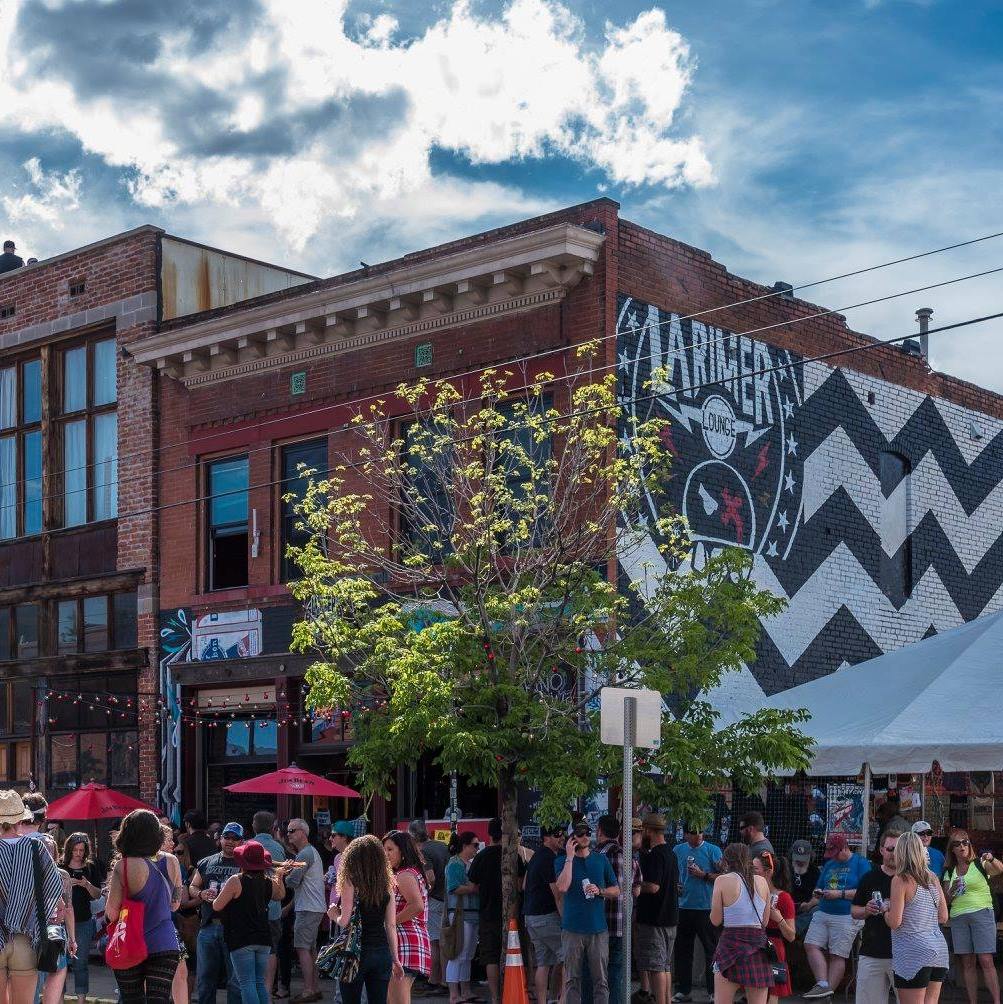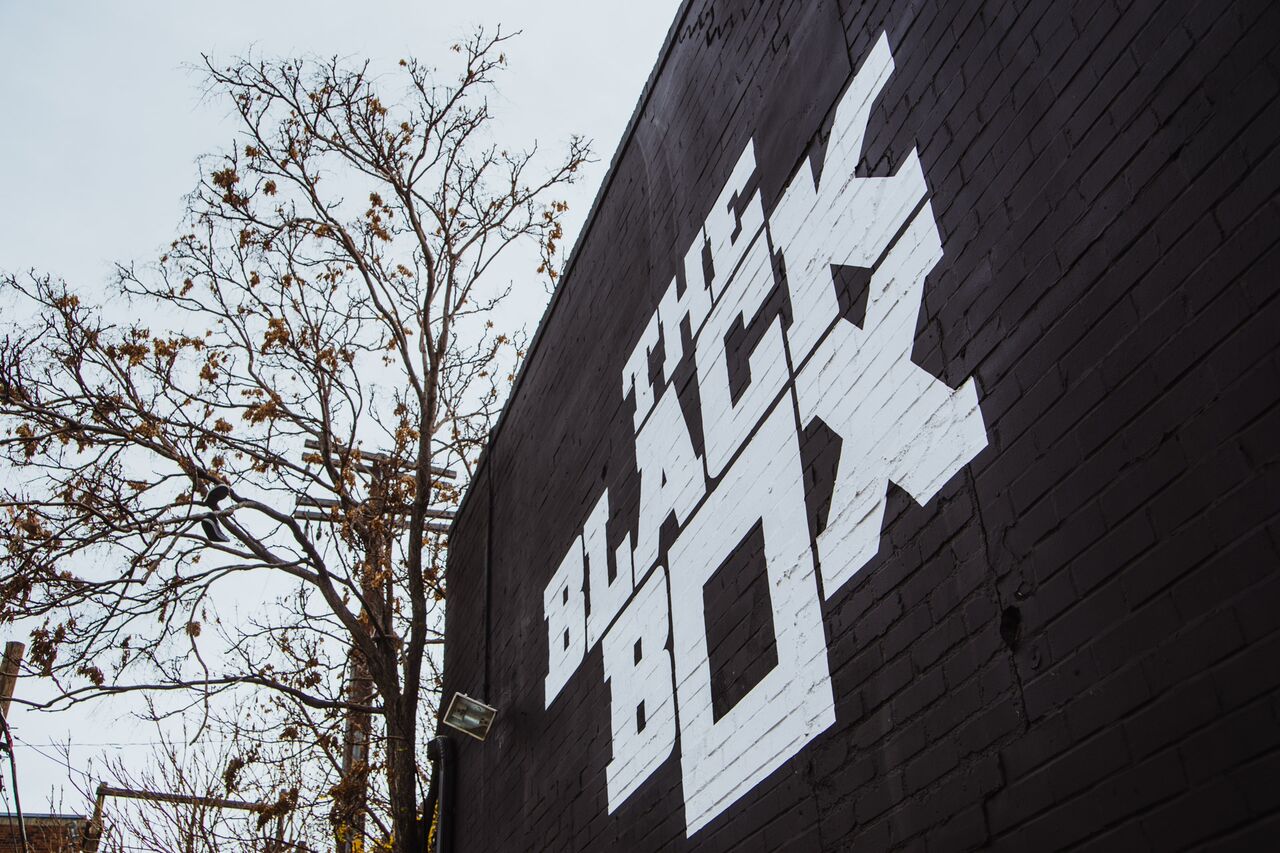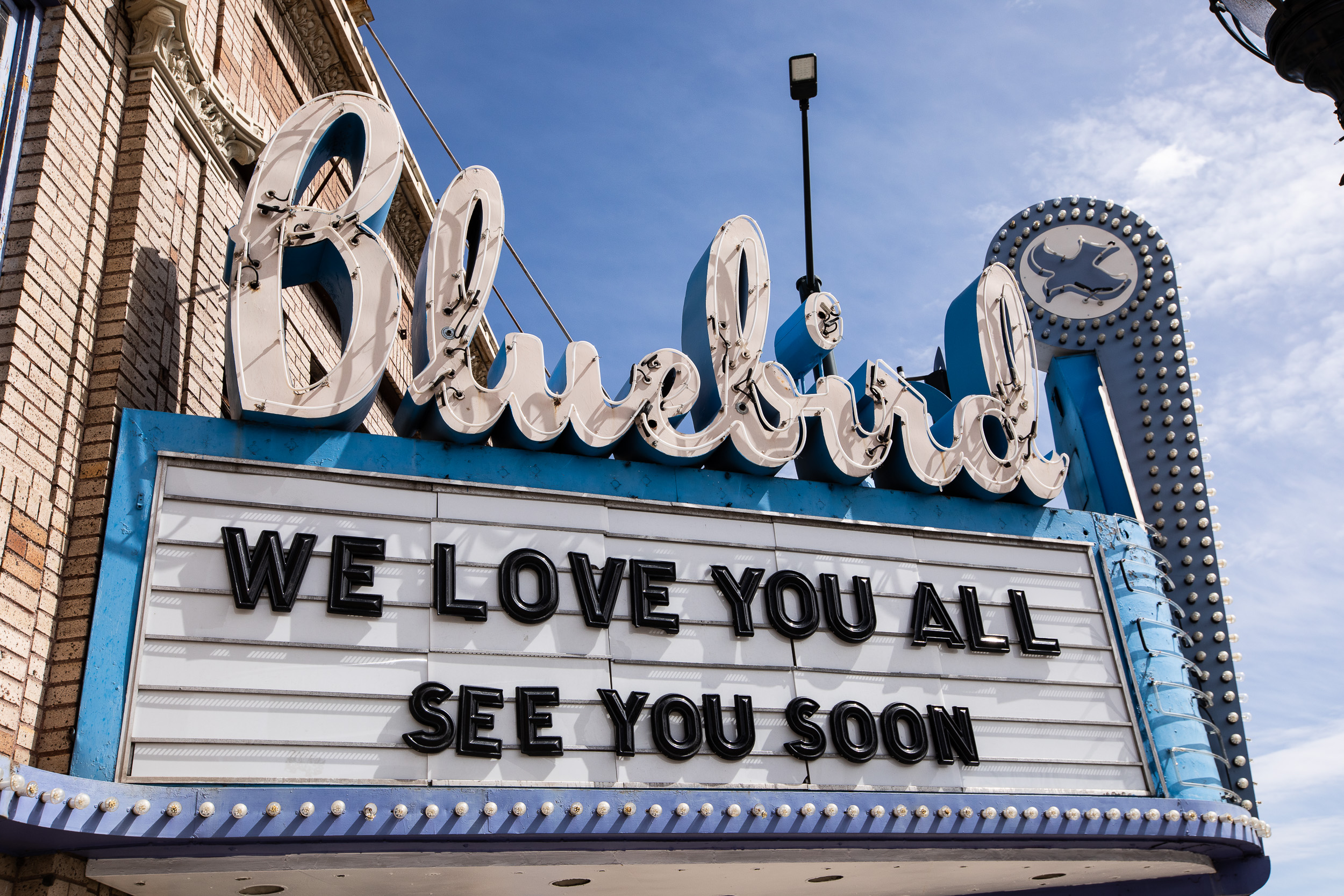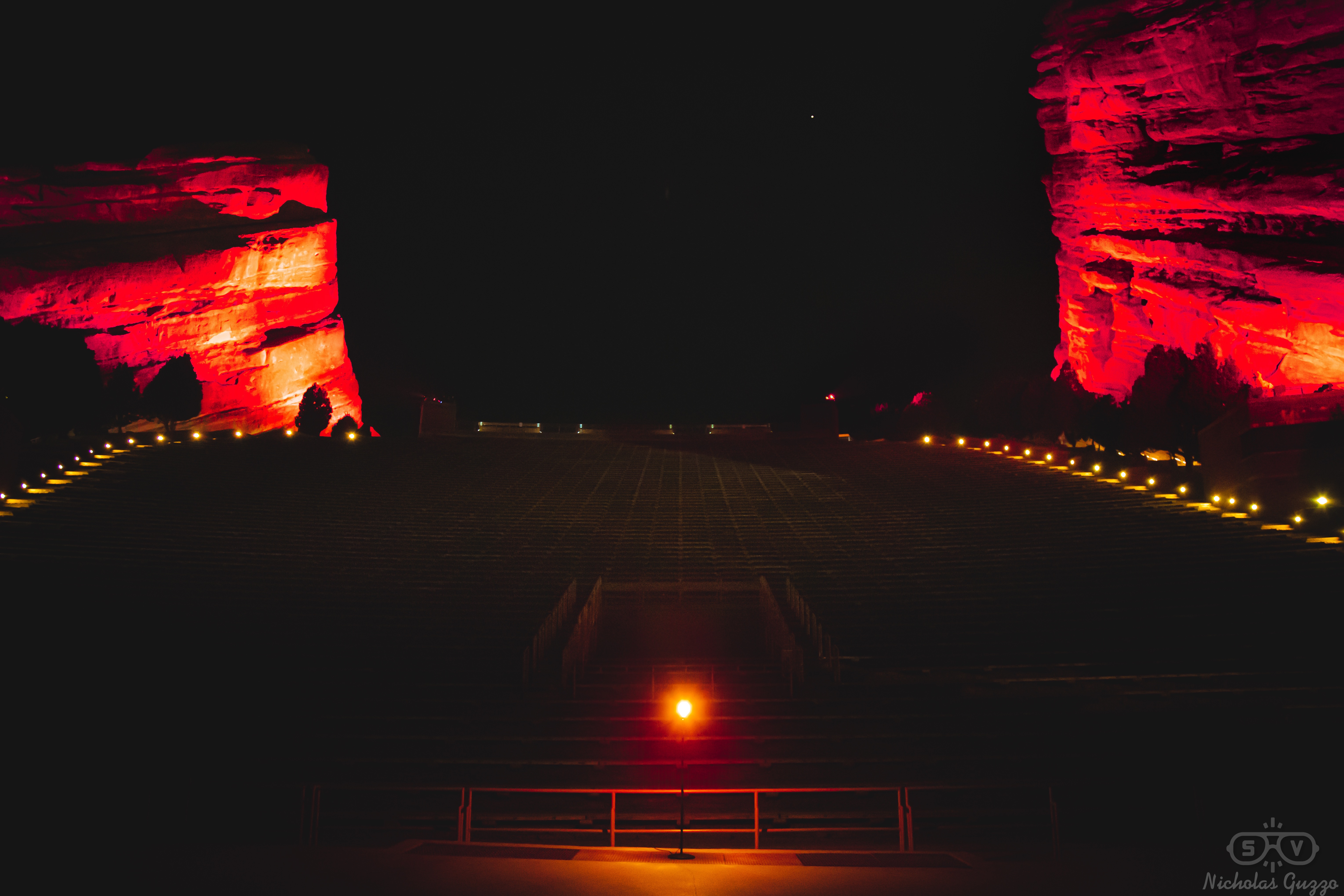
Levitt Pavilion is just one venue of many that are going through the same situation. Most venues are doing what they can with their limited options, like The Aggie Theater, in Fort Collins, for example – although not a Denver venue, its recent reopening gives insight into the struggles venues face across the nation.
“The reduced capacity based on social distancing has been really challenging, but it’s what we need to do to keep our staff and patrons safe. We need everyone to feel confident that their safety is our number one priority so they continue to turn out and support us and the artists,” stated Cheryl Liguori, CEO of Z2 Entertainment, which also operates The Fox and Boulder Theater in Boulder, Colorado.

In a similar breath, other local venues like Black Box and Larimer Lounge, like so many other small and mid-size venues have had to get creative in how they let the show go on as safely as possible. Larimer Lounge, with its max capacity of 250 in pre-Covid times, has spilled its business onto an expanded patio on the now barricaded pedestrian stretch of Larimer Street. Seated socially distanced shows take place inside — tables sold instead of individual tickets — with artists typically playing back-to-back shows in a night for different audiences with deep sanitation wedged in-between.
Black Box, a primarily electronic venue operates with a relatively similar setup though without the benefit of a patio, the venue carries on with seated shows with a rotation of food trucks and caterers, as well as free and pay-per-view live streams for those who can’t make it inside. Electronic music continues to be the name of the game, even with the given circumstances — something the venues adoring patrons continue to relish in. Despite the creative pivots, however, the challenge of adapting remains a fluid situation.
“I think the hardest part is just not knowing what’s going to come week after week,” said Corey Pfaff, an owner of the Black Box. “You know, we’re in an industry where we typically have things planned six to eight weeks out, if not further. So right now, the hardest part is remaining in this kind of moment. We’ve got to kind of plan on a week by week basis because we don’t know what new regulations are going to come in.”
On August 10, The City of Denver released two reports on the impact of the COVID-19 pandemic. One on the creative economy and the other on creative industries within Denver and its metropolitan region. The initial impact report summarized:
“Losses in the Denver metropolitan region are estimated at 4,525 jobs and $213.7 million in the sales revenue which translates to 53% of employment in the region’s music industry and 25% of its annual sales revenue. The majority of these losses at both the state and regional level are in the ‘musicians, managers and agents’ and ‘live events’ sectors of the industry,” and that “90% of music venues across the country will go out of business within six months.”








Keep voting for the likes of Polis and Hancuck and you will keep getting these results.
Voters in Denver metro are indeed lumpenproles…
Leaders line Polis and Hancock have wrecked our economy and destroyed lives with their illegal lockdowns. You know what you get Denver voters, you get what you deserve electing these clowns.